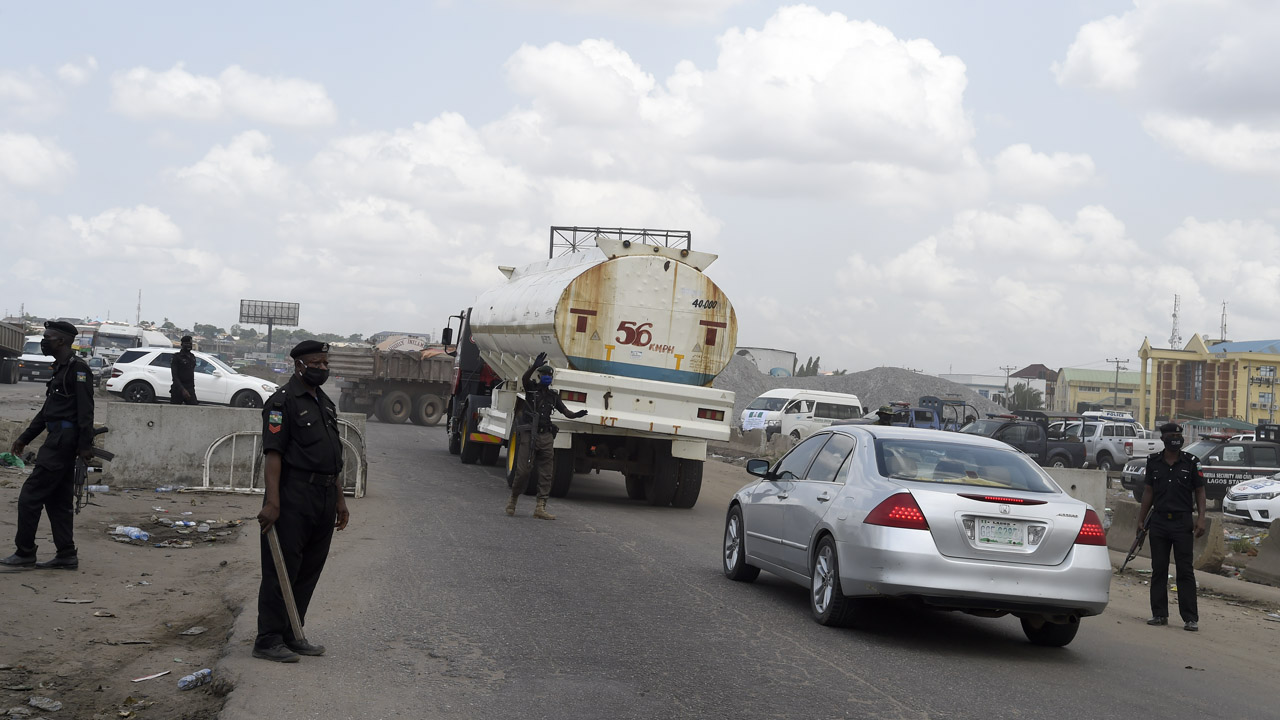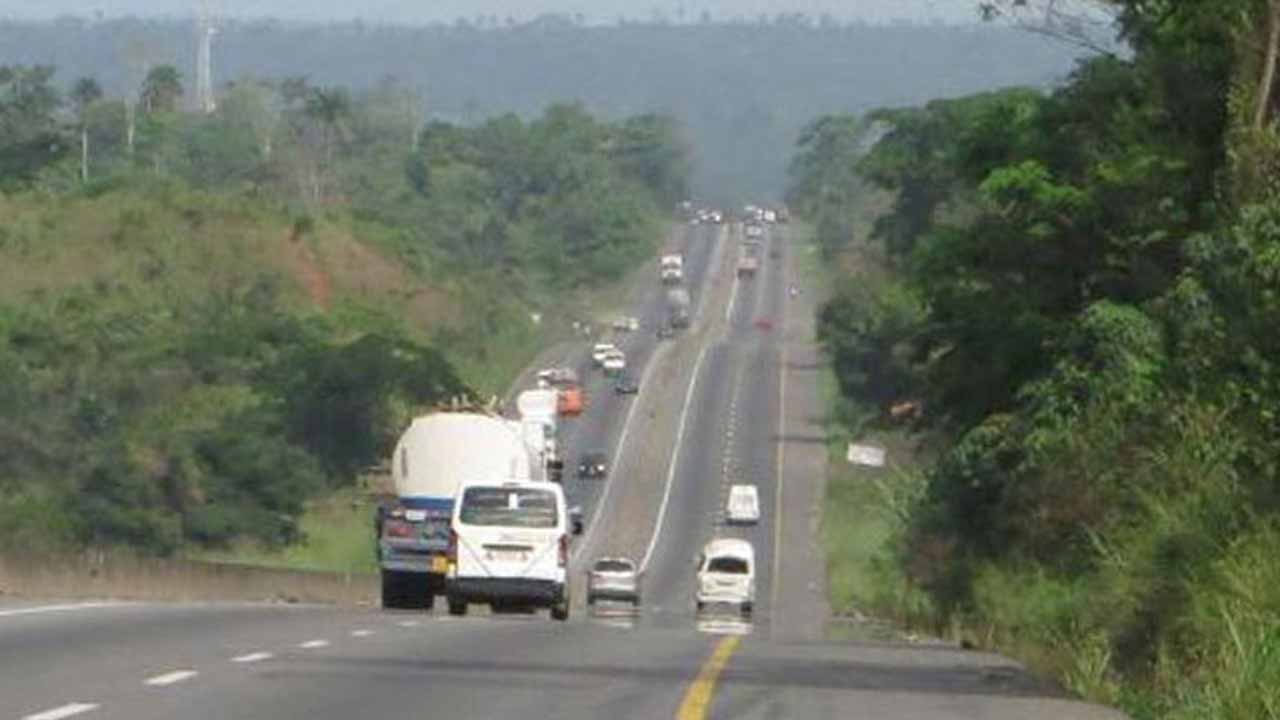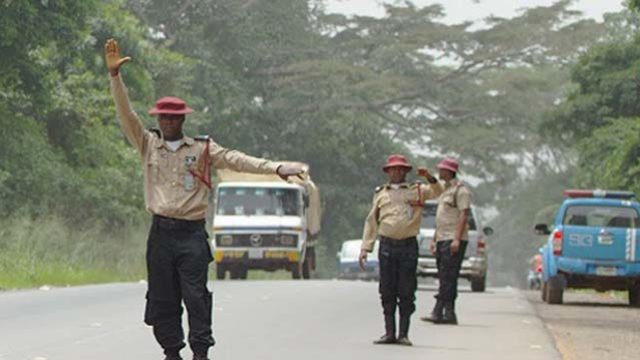
Experts have said that shaping the future of a sustainable public urban transportation system in Nigeria requires a comprehensive, multifaceted and integrated approach that addresses key challenges and opportunities.
According to them, the approach requires government commitment via policy, regulations, statute formulations and massive investment in rail, road and aviation infrastructure development, adoption of clean energy solutions as with the Presidential Compressed Natural Gas (CNG) Initiative, improved transit connectivity at both national and sub-national levels, efficient management, and use of technology to improve efficiency among other listed strategies.
Among the experts, who stated all these, included the Executive Director, Center for Sustainable Mobility and Access Development (CENSMAD), Dr. Kayode Opeifa, at the Nigeria Transport Commissioners’ Forum in Lagos.
According to Opeifa, these endeavors presented an opportunity to create a more accessible, environmentally friendly, and economically viable transportation system that can enhance the quality of life for all Nigerians, while contributing to a greener and more prosperous future.
He posited that now is the best opportunity for us as transport sector stakeholders, states and national administrators to take advantage of the current government commitment and investment in urban/rural transportation stemming from the impact of COVID 19, fuel subsidy removal and their impact on the cost of energy and public transportation.
Opeifa said the government and all other stakeholders, including the private sector, donor agencies and development partners must work together for a sustainable result by prioritising accessibility, affordability, inclusion efficiency, and environmental responsibility while considering cost-benefit analysis.
Speaking on the private sector role in the transport sector, Chief Executive Officer, Centre for the Promotion of Private Enterprise (CPPE), Dr. Muda Yusuf, said transportation infrastructure is by its nature monopolistic assets. Accordingly, he said the regulation of competition and public access in respect of the infrastructure will have important economic implications.
Yusuf said the private consortium’s ability to impose tariffs on users of the infrastructure is another important structural consideration, as it directly impacts both public amenity and the private consortium’s ability to recover its investment.
According to him, transportation infrastructure and services are typically provided largely by the government in many jurisdictions. This is true of all modes of transportation including road, water, air and rail.
He said overtime time financing gap and capacity to manage has become an issue. However, he said bridging the resource gap was key, while enhancing operational and management efficiency becomes imperative.
The CPPE boss said the private sector brings tremendous value in this respect; increasing urbanisation is creating huge demand for urban transportation.
Yusuf said approaches to Private Public Partnerships (PPPs) in the urban passenger transport sector can be quite varied, as this sector encompasses a variety of infrastructure types.
He said the appropriate allocation of revenue risk between the host government and the private developer, and the private developer’s discretion to set tariffs are key structuring considerations for PPPs in this subsector.
He said urban passenger transport projects also give rise to very complex interface issues, as a transportation system would often need to interact with other utilities, installations and transportations systems.
Speaking on the role of technology in transportation, Chief Executive Officer/Lead Consultant, Etcetera Consults, Limited, Dr. Alban Igwe, said data analytics can be used to optimise routes, reduce fuel consumption, and improve delivery times.
According to him, by analysing data from vehicles and other sources, transport companies can identify inefficiencies and implement solutions to reduce costs and improve performance.
Igwe, who is also a member, United Nations Advisory Group on Trade and Transport Locations, said the government needed to declare a state of emergency on the transportation sector and establish Transport Technology Incubation Centres across the six zones of the country.
He said there is need to set up alternative energy agencies to power innovation and technology development in Nigeria, while promulgating digitalisation of business and government processes with technologies such as Mobility as Service (MaaS), Technology as Service (TaaS) and Software as a service (SaaS).
Igwe said as a matter of urgency, the government should set up a ship building industry with the over $360 million Cabotage Vessel Finance Fund (CVFF).
Earlier in her remarks, Executive Secretary, Nigeria Transportation Commissioners Forum (NTCF), Mrs. Chinwe Uwaegbute, said Nigeria’s transportation sector holds immense potentials, but its development has been hindered by haphazard and inadequate regulations.
She said in the Nigeria Transportation Commissioners Forum efforts to turn things around, key discussion topics have been judiciously selected for the conference.
Uwaegbute said the summit will significantly feature a sub-summit dedicated to the development of rail transportation at the sub-national level.
According to her, with rail transportation now on the concurrent legislative list, a sub-national collaboration in developing rail transport systems has become imperative. This collaborative effort will help reduce the burden on our roads and decrease road accidents.






